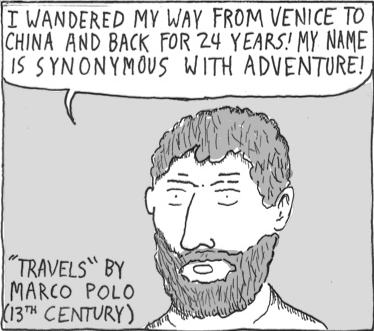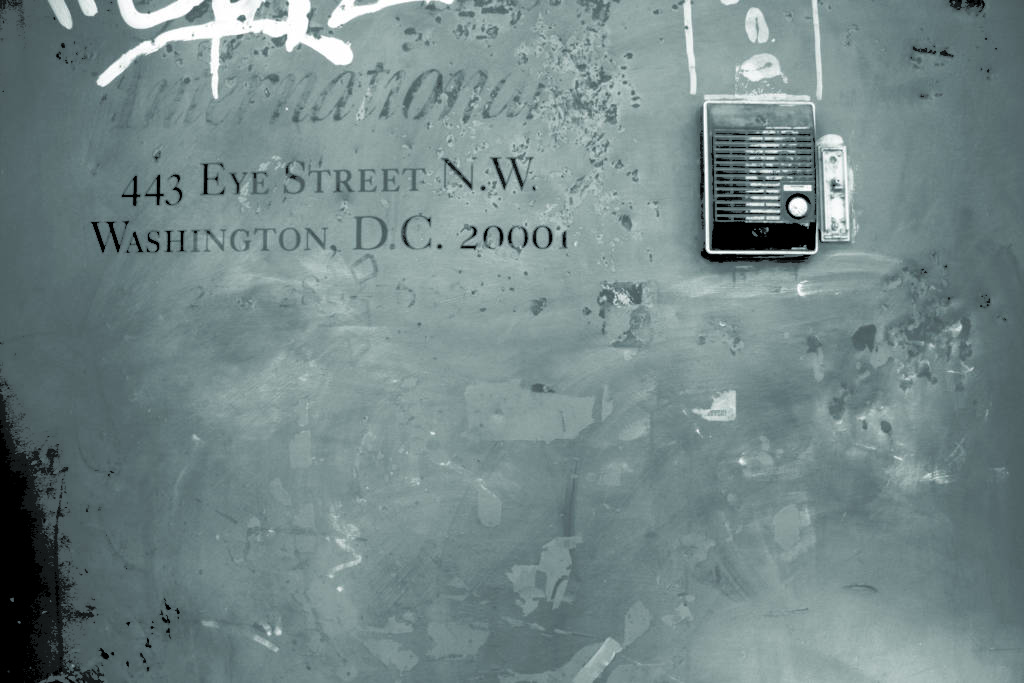By ERICA DAWSON
I deserve a steed for this. This ride. The sex
that didn’t need bodies. No straining hip
craned nearly out its socket. Not one flex.
Seduction.
By ERICA DAWSON
I deserve a steed for this. This ride. The sex
that didn’t need bodies. No straining hip
craned nearly out its socket. Not one flex.
Seduction.
Translated by OSTAP KIN
—Tell me about your new girlfriend, about the one
you’re living with now. What’s between you two?
—The air is between us. I just live with her
the way small children live with their fear.
By ERICA DAWSON
The counselors told us to fucking go
to bed; but, earlier they’d taught us one
more Christian song—
It only takes a spark
to get a fire going—
Book by MADELINE FFITCH
Reviewed by JUNE GERVAIS

I like stories that leave me feeling I’ve encountered a living creature, or eaten a spicy meal, or sat stunned in a light-drenched temple. When a book feels like that, I want to offer a chili-studded forkful, or make urgent gestures: Feral pigs that way!
In the case of Valparaiso, Round the Horn, the debut short story collection by Madeline ffitch—which does, in fact, include feral pigs, along with myriad other wild creatures—I would hand it to you green and dripping, like a poultice of macerated plants, as an antidote to ennui.
On the same side
turn a car
into a parallelogram,
an oft-read Bible,
a shelf of books
with a few
missing, a man
sitting and a woman
standing. Her hand
is on his shoulder.
Translated by VALZHYNA MORT
with hunger and fear. I’d rip the crust
of my lips—and lick my lips; I recall
the fresh and salty taste.
And I’m walking, I’m walking, walking,
I sit on the steps by the door, I bask,
I walk delirious, as if a rat catcher led me
by my nose into the river, I sit and bask
on the steps; I shiver this way and that.
Adapted by ROLF POTTS
Illustrated by CEDAR VAN TASSEL

One enticing thing about travel tales from distant centuries is the way they suggest so many more stories that haven’t been told. While we assume that Marco Polo was a pioneer in his journey to the Far East, for example, we learn from his own narrative that he encountered other Europeans – Germans, Lombards, Frenchmen – in the cities of China. Polo’s contemporary, William of Rubruck, traveled across Asia and found Greek doctors, Ukrainian carpenters, and Parisian goldsmiths working in the Mongolian capital of Karakorum. As intriguing as these thirteenth-century accounts of Marco and William are, imagine a rich trove of unknown travelers’ diaries stretching far deeper into antiquity.
Artists
Curated by Elizabeth Hamby and Jessie Henson
 443 Eye Street, NW, Washington, D.C., 2012. (Lely Constantinople)
443 Eye Street, NW, Washington, D.C., 2012. (Lely Constantinople)
“DC Arteries,” a collaboration between photographers Kate MacDonnell and Lely Constantinople, traces the subtle shifts of character and form that mark the landscape along the roads of Washington, DC. They capture the graffiti, the store signs, and the faded paint that make up the urban still-life passed along the way from one place to the next. These fragmented elements capture a fleeting sense of place in a dynamic city.